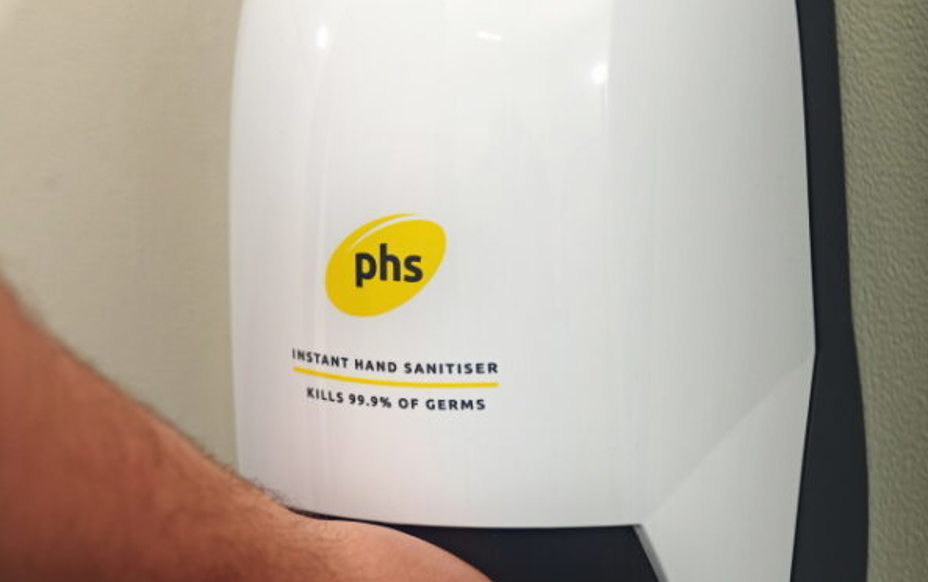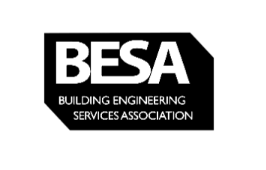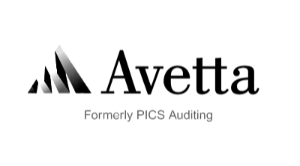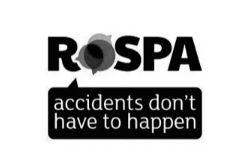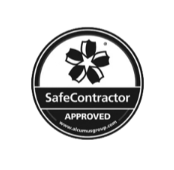phs Group has acquired Citron Hygiene UK find out more here
Infections can spread rapidly through workplaces, offices, shops and other business premises. But with some simple yet comprehensive measures, companies can effectively help prevent the spread of bacteria and viruses. In this blog post, we’ll look at potential sources of infection, how germs are transmitted, which surfaces are highest risk and – most importantly – what steps can be taken to improve infection control across your business.
Common sources of infection and causes of outbreaks
There are several primary causes of infections arising in business environments:
-
Staff who are unwell coming into work while contagious and spreading germs through coughing, sneezing and touching surfaces etc.
-
Contaminated food from unhygienic preparation, unsafe storage or poor serving practices.
-
Unsanitary bathroom facilities.
-
High-touch surfaces such as door handles, push plates, railings, reception counters, payment terminals, workstations and shared equipment.
-
Overflowing waste bins or inadequate waste management allowing germs to accumulate.
-
General low standards of cleaning failing to fully remove infectious bacteria.
Infectious Disease: How infections spread from surface to surface
Infections can spread rapidly in work environments through several routes:
-
Direct physical contact with someone who is currently unwell and symptomatic.
-
Indirect contact by touching contaminated surfaces and then touching the eyes, nose or mouth. (And it’s important to note that surfaces can remain infectious for hours or even days after contact, depending on the virus/bacteria.)
-
Droplet transmission e.g. from coughing, sneezing and even talking. Invisible droplets carry viruses and bacteria which land on surfaces or are inhaled.
-
Shared personal items, food or equipment also spread germs through cross-contamination.
-
Poor hygiene practices, including inadequate hand-washing, sharing food or utensils or not using tissues.
-
Ineffective or improper cleaning.
By addressing these sources of infection, businesses can implement targeted control measures to reduce risk of infections.
High-risk surfaces prone to bacterial contamination
Certain surfaces inherently provide ideal conditions for bacteria and viruses to survive and multiply. Unfortunately, high-risk surfaces can be found in virtually all business premises, and include:
-
Doors, handles, push plates, railings, counters and workstations.
-
Shared desk spaces, telephones, keyboards, photocopiers and other communal equipment.
-
Sinks, taps, bins, cubicles, handles – bathroom surfaces are notoriously prone to germs.
-
Contaminated food preparation areas, including chopping boards, sinks and appliances – but also break room tables and chairs.
-
Food storage areas, fridges, microwaves, trolleys and vending machines.
-
Waste and recycling bins.
-
Upholstered furniture and soft, porous surfaces that are hard to disinfect.
Effective ways to prevent infection from spreading
Here are some key evidence-based measures businesses can implement:
-
Provision of proper hand hygiene facilities, and utilising effective messaging techniques, such as posters or emails, to continually promote washing hands throughout the day.
-
Frequently disinfect high-touch surfaces: schedule regular, thorough cleaning for these areas and use effective, approved surface disinfectant products.
-
Supply anti-bacterial wipes for staff to quickly clean their own desk, equipment and surfaces.
-
Ensure bathrooms have proper hand-washing provisions and sufficiently regular cleaning schedules.
-
Provide secure, lidded bins and enhanced waste management. Find out more about waste management here.
-
Install air cleaning and ventilation systems to filter airborne bacteria and viruses.
-
Follow all current government and industry guidance on infection control best practices.
Keeping it clean: Essential hygiene tips and services
Preventing the spread of infection requires diligent, thorough cleaning, disinfection and exemplary hygiene practices across all areas. And phs is here to help! Here are just some of the ways phs can elevate your infection control practices:
1. Hygiene services for educational institutions
Educational environments like schools, colleges and universities require specialised hygiene services to ensure the health and safety of students and staff alike. Investing in professional hygiene services can significantly reduce the spread of illnesses and create a conducive learning environment. If you're looking for comprehensive hygiene services tailored for educational institutions, explore our offerings here.
2. Hand washing guide & poster for workplace hygiene
Proper hand hygiene is essential in preventing the spread of germs, and displaying informative posters and providing comprehensive guides can serve as constant reminders for employees to maintain good hygiene practices. Download our free hand-washing guide and poster here.
3. phs: Leading hygiene provider for medical centres and hospitals
Medical centres have unique hygiene requirements to ensure patient safety and regulatory compliance. phs stands out as a trusted hygiene provider for medical facilities, offering specialised services and solutions tailored to their specific needs. Discover why phs is the preferred hygiene partner for medical centres here – plus, read our comprehensive blog on hospital hygiene standards and policies.
4. Staying on top of hygiene: A must-read blog
Regularly staying updated on hygiene best practices and emerging trends is essential for maintaining cleanliness and preventing the spread of illnesses. Our blog provides valuable insights, tips and recommendations to help you stay ahead in hygiene management.
By implementing these tips and utilising professional hygiene services, you can create a clean and safe environment in any setting, promoting health and well-being for all. Remember, when it comes to hygiene, diligence and proactive measures are key!





























